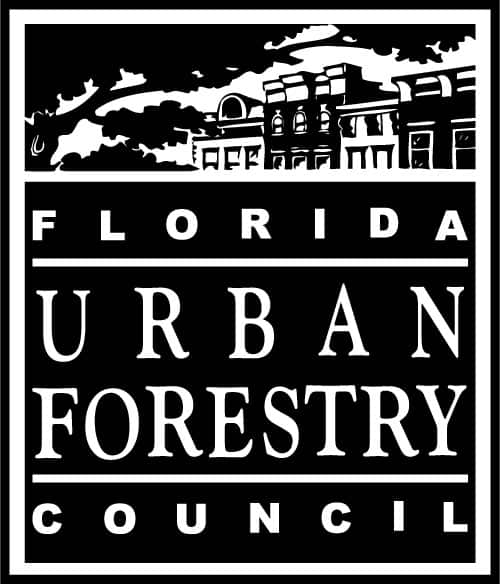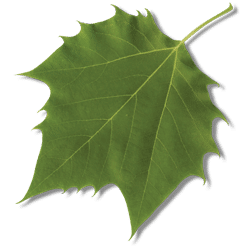The Value of Trees
There are many tree facts that have an impact on our everyday lives. The following facts are just a few that play a part. To use this information as a flier or handout, please download “The Value of Trees.“
Water Quality
Healthy trees in our communities improve our environment. In addition to the visual impact of trees, tree canopies and root systems provide a natural filter to our water supply and reduce storm water runoff , flooding, and erosion.
1 Million Trees = $3.5 Million in Annual Stormwater Runoff Costs*
Air Quality
Trees are natural air filters, too. Their foliage reduces particulate matter from the air, including dust, micro-sized metals, and pollutants such as ozone, nitrogen oxides, ammonia, and sulfur dioxides. Trees take in carbon dioxide and produce oxygen. Combined with the cooling effect of trees, these processes can have a significant impact on reducing smog and overall air pollution. Every 40 trees remove 80 lbs. of air pollutants annually.
1 Million Trees = $5 Million in Annual Air Pollution Clean-up*
Energy
Trees cool the air naturally from the effects of water evaporating from leaves and from direct shade. Moisture combined with shade results in cooler air. Homes shaded by trees need less energy for cooling, which in turn means lower monthly utility bills in the summer and a reduced need for utilities to increase power generation to meet peak load demand. Four trees planted around each home could save up to 30% on summer cooling costs.
1 Million Trees = $10 Million in Annual Energy Savings*
Real Estate
Shaded neighborhoods and well-landscaped yards have a positive economic influence on real estate values, timeliness of house sales, and neighborhood desirability. Studies report that landscaping speeds the sale of a home by four to six weeks. In Sacramento, a homeowner’s mature valley oak may be appraised at $20,000 or greater.
1 Front Yard Tree = 1% Increase in Home Sale Price*
Business
Trees are good for business. Research shows that consumers respond positively to shopping environments with healthy urban forests.
Shaded Business District = 11% Increase in Business**
*Center for Urban Forest Research, Pacific Southwest Research Station, US Forest Service, Davis, CA.
**Center for Urban Horticulture, Fact sheet #5, University of Washington
20 Tree Benefits:
- Trees provide oxygen.
- Trees clean the air.
- Trees cool the streets and city.
- Trees conserve energy.
- Trees save water.
- Trees help prevent water pollution.
- Trees help prevent soil erosion.
- Trees provide food.
- Trees heal.
- Trees reduce violence.
- Trees create economic opportunities.
- Trees provide a habitat for wildlife.
- Trees beautify.
- Trees mark the seasons.
- Trees provide wood.
- Trees increase property values.
- Trees increase business traffic.
- Trees combat climate change.
- Trees bring diverse groups of people together.
- Trees promote unity.
Other resources with facts related to the benefits of trees can be found on the Trees Are Good website (PDF download) as well as the Arbor Day Foundation’s website.



